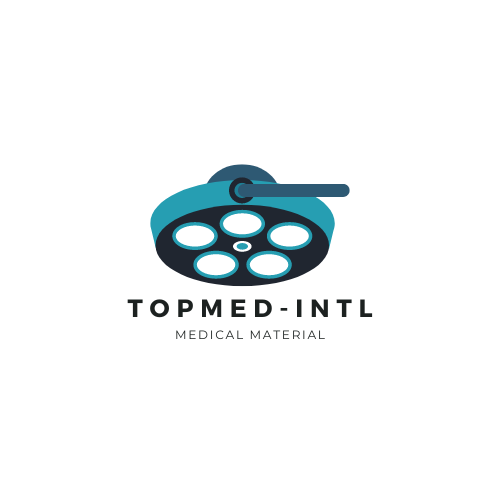Actualités
Swissmedic
Retrait de lots – Bilaxten 6mg/ml collyre en solution
Friday, February 27, 2026
Retrait des lots 297110A et 313170A jusqu’au niveau du commerce de détail
Évaluation des besoins pour les monographies de préparations de la Pharmacopoea Helvetica
Tuesday, February 24, 2026
Remplir le formulaire
Nouveauté dans le playground swissdamed: l’enregistrement des produits Machine-to-Machine
Friday, February 20, 2026
L’enregistrement M2M pourra être testé dans le playground swissdamed à partir de fin mars 2026.
Autorisations de mise sur le marché de médicaments complémentaires et de phytomédicaments 2025
Friday, February 20, 2026
Première autorisation accordée à un médicament phytothérapeutique bénéficiant du statut de médicament orphelin
